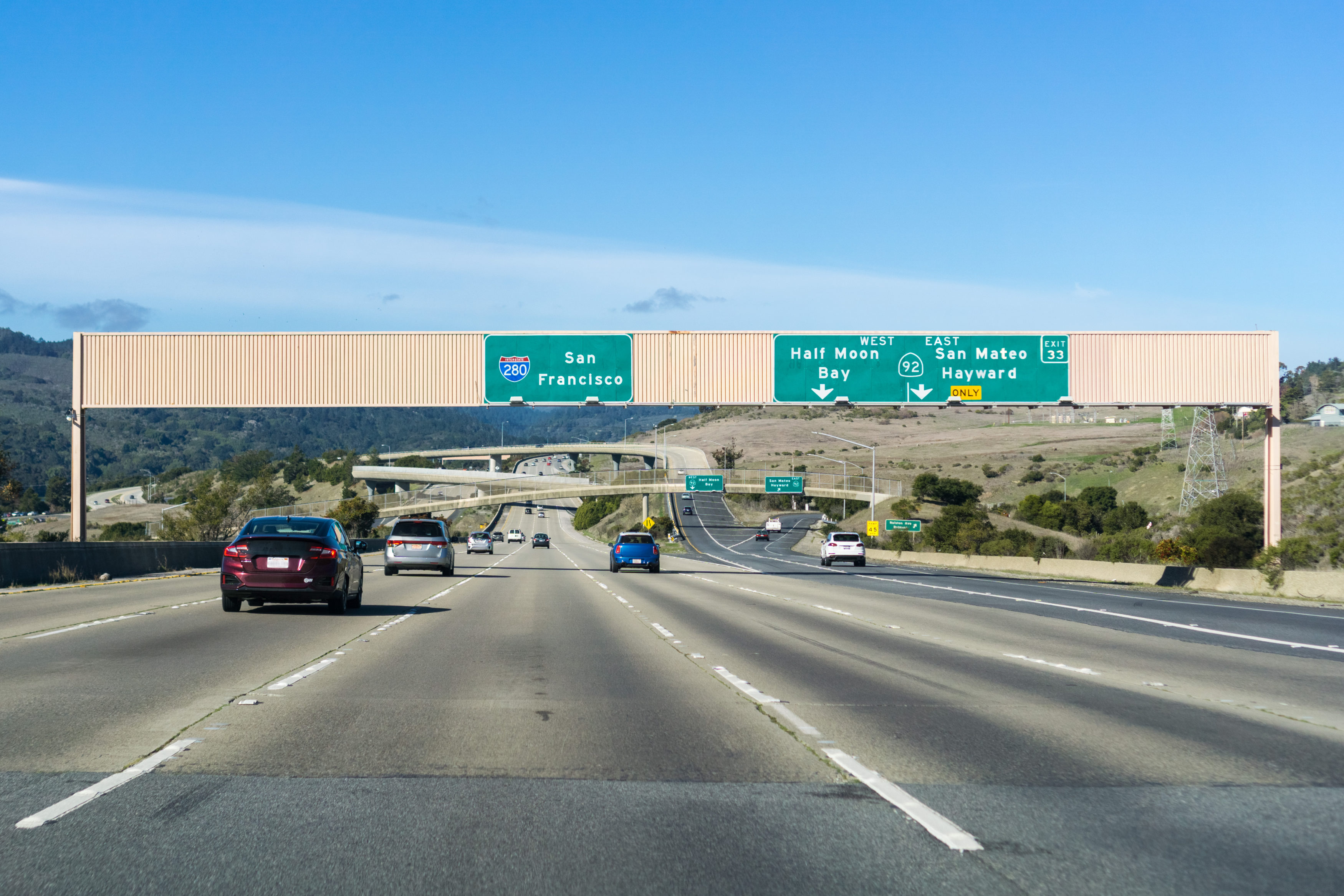The headline-making agtech exits of 2017 generated cautious optimism among investors and stakeholders, but as industry thinking moves along, a new conversation is emerging around what the acquisitions of Blue River Technology by John Deere, Granular by Dupont (now Corteva) and even The Climate Corporation by Monsanto, mean for agtech startups moving forward.
At the closing investor discussion at the World Agri-Tech Innovation Summit in San Francisco on March 21, three agrifood investors concluded that though the exits of 2017 were good to see, they weren’t necessarily as replicable as many may hope.
“An exit is the product of execution, growth and margins, and a demonstrable ROI to a large market. The Blue River’s and the Granular’s of the world aren’t necessarily the prototypical exit,” said Phil Erlanger, founder and managing partner of agrifood tech VC Pontifax AgTech, an investor in Blue River Technology. Though Blue River and Granular both had market traction before their acquisitions, the investors on stage agreed that neither had the revenue to generate the roughly $300 million price tags.
Having raised just $24.9 million in two venture capital rounds, Granular produced a great exit for its investors that included VC heavyweights Andreessen Horowitz, Khosla Ventures, and GV (Google Ventures) as well as Californian family office Tao Capital Partners and agriculture investor Fall Line Capital.
According to various insiders, the acquisition valued Granular at 100 times revenue, a far cry from the typical three to four times revenue many software companies might expect.
AgFunder Research revealed that, in the case of Blue River, the acquisition price was a roughly four times increase on the $87 million post-money valuation the company fetched at its last round of funding.
Mark Cupta, a principal at Prelude Ventures, a cleantech VC with several agtech investments, added, “It’s not typical to see somebody swoop up a company at that early of a stage and pay that high a multiple to get access to a technology. That’s clearly fundamental to the growth strategy of those larger organizations.”
Andy Ziolkowski, managing director of agtech VC Cultivian Sandbox explained that though these exits come from the same mold, with what he indicated was a justifiably high price tag, they may be difficult to replicate.
“Large companies do the traditional ‘make/buy’ analysis and when companies look, especially in the digital ag area, it’s very difficult for them to justify a ‘build’ strategy. To do that would take time and you can’t afford much time. Yea, you have to pay a premium — definitely much more than [private equity] multiples justify, but you’re in the game. And you have to pay a premium if you want to have a presence here in the valley.”
All three of the startups in question, including Climate Corp which sold to Monsanto for $1 billion in 2013, remain Silicon-valley based, which Ziolkowski and others contend is a major element in these deals, as more traditional agriculture corporates acknowledge the role that digital innovation will play in the future of agriculture. “Its a phenomenon we’ve seen now in a number of cases starting with Climate,” said Ziolkowski.
Cupta added that the pricetags on these deals are a product of the urgency among the big agriculture corporates to pull ahead of the competition.
“Fear is a better driver for exits than actual business fundamentals,” Cupta said, explaining that finding the right technology or team fit is more important than revenue for many of the acquirers.
After establishing that last year’s biggest exits, and their prices, were not based mainly on revenue, Ziolkowski then asked, “Are we concerned about a bubble?” — to which the group answered a fairly resounding ‘no’.”
The panel also seemed to have no interest in blaming non-sector-specific investors for the high valuations that might indicate a bubble. “There is a lot of maturity to come from crossover investors looking at this space,” said Cupta.
Ziolkowski seemed to indicate that these pricey acquisitions by ag strategics are good for investors and neutral to the rest of the ecosystem.
“As an investor, it’s great for us. Hopefully those [acqusitions] will continue. You have to wait for reality and companies have to build revenues and be sold based on fundamentals, but I do think there’s going to be a percentage of companies that will be acquired by big companies and multiples will be off the charts.”
When asked what the prototypical exit is, since 2017’s two big headlines don’t fit the bill according to the panel, Erlanger answered: we haven’t seen it yet.
Have thoughts about agtech exits? Tell us! [email protected]





